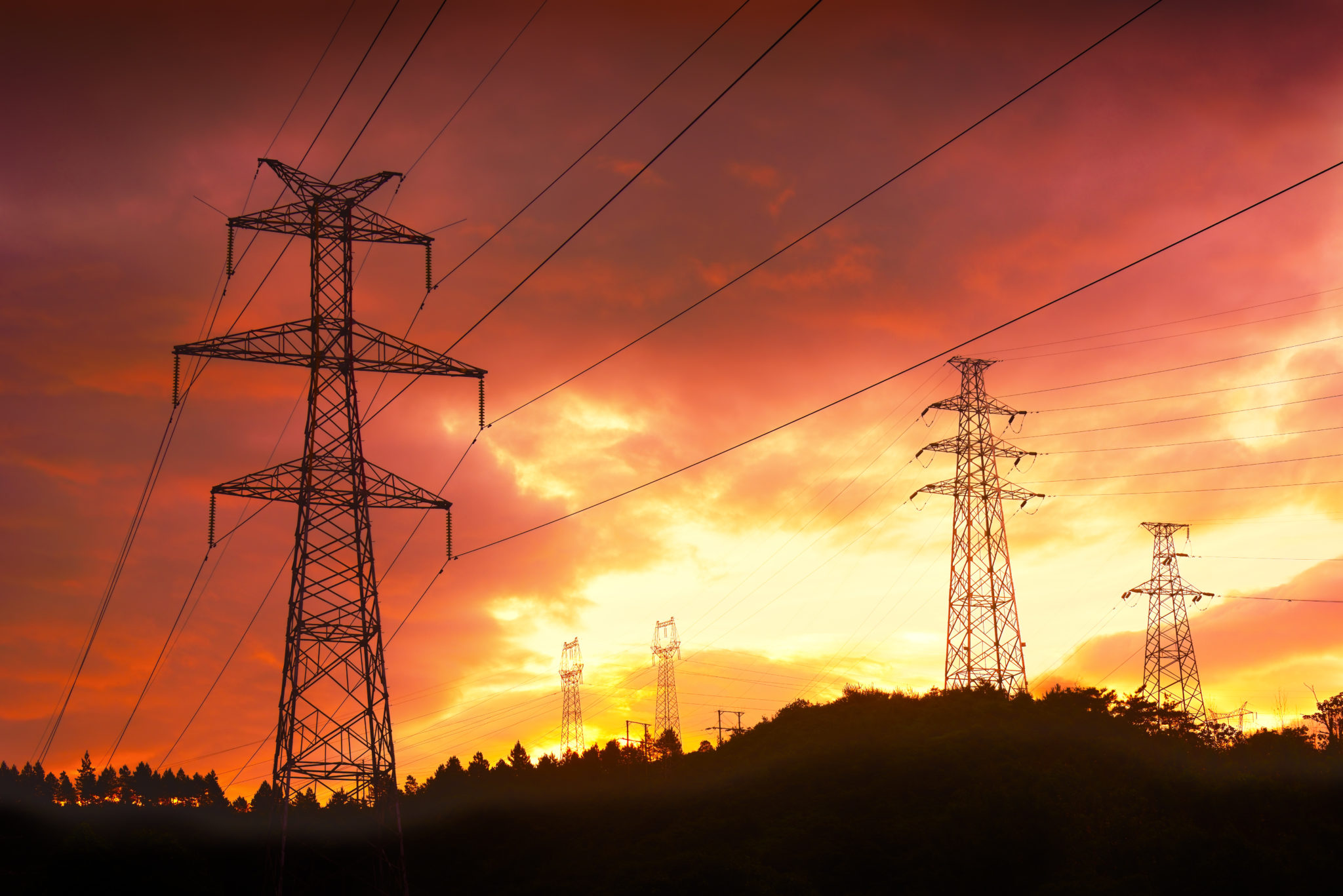Energy and Utilities Update | 14 April 2020
Published on 14th April 2020
Welcome to our latest update on regulatory and market developments in the energy and utilities sector. In this edition we look at the effect Covid-19 has had on the renewable energy supply chain, the UK government's decarbonisation priorities for transport, SSEN's electric vehicle strategy, and more.

The Covid-19 effect on the renewable energy supply chain
Covid-19 continues to have a negative effect on logistics, infrastructure and the overall supply chain for renewable energy, as the pandemic worsens and governments across the world adopt stronger measures in attempt to slow the spread of the virus.
Work has been suspended on Statkraft's Scottish wind farm, Windy Rig, following the introduction of stricter guidelines on social distancing and contact by the UK government. Statkraft has also put on hold hydropower projects in both India and Chile as a result of the spreading virus.
Siemens Gamesa, the wind-turbine manufacturer, has closed all its factories in India following the Indian government's enforcement of a three-week lockdown. In Spain, the company has already closed down two factories after employees tested positive for the virus and has stopped production in wind turbine plants. Similarly, Vestas, a wind-turbine manufacturer, has halted all non-essential production at its Spanish factories.
In Brazil, the renewables capacity auction planned to take place this year has been postponed due to the outbreak.
Read more here (£) and here (£).
SSEN publishes Electric Vehicle Strategy
Scottish and Southern Electricity Networks (SSEN), the electricity distributor, has announced its Electric Vehicle Strategy, which sets out the key principles SSEN are applying to support decarbonisation and establish sufficient infrastructure to support 10 million electric vehicles (EVs) across Great Britain by 2030.
It sets out the following key principles for facilitating EV uptake: (i) data usage to ensure networks are ready for the EV uptake; (ii) making tools available to support EV uptake; (iii) using Local Development Plants to inform and establish strategic investment programmes; (iv) using innovation to meet the forecast growth and (v) supporting stakeholder ambitions to decarbonise.
Read more here.
UK government outlines decarbonisation priorities for transport
The Department for Transport (DfT) has confirmed its intention to deliver a net zero carbon transport system as it outlines the priorities for its Transport Decarbonisation Plan, which is set to be published in Autumn this year.
Creating the Transport Decarbonisation Plan, published on the 26 February, details the following 6 priorities for the DfT to achieve net zero: (i) decarbonisation of road vehicles; (ii) accelerating modal shift to public transport, (iii) decarbonisation the supply of goods; (iv) place-based solutions; (v) reducing carbon in a global economy and (vi) making the UK a hub for green transport technology.
The report stresses that achieving the target will require "going further than the existing plans" currently in place.
Read more here.
Germany locates areas for future offshore wind
The German Federal Maritime and Hydrographic Agency has identified three areas in the North Sea, which it has named N-3.7, N-3.8 and 0-1.3, as potential sites for future offshore wind development.
The three areas are subject to a final review which is expected to take place in June 2020, following a public consultation. The move shows the German government's commitment to offshore wind and meeting its target of reaching a total of 15GW of offshore wind capacity before 2020.
Read more here (£).
Harmony Energy gets go-ahead for 49.5MW battery energy storage system
Harmony Energy, a developer of battery energy storage, has announced its intentions to develop a 49.5MW lithium-ion battery energy storage project which will connect to the distribution network at 132KV.
It follows the grant of planning permission to Harmony Energy in November for a 49.5MW battery energy storage at its Creyke Beck site. The grid-scale battery energy storage system will allow "more intermittent renewable energy from wind and solar projects to be installed onto the grid", according to Peter Grogan, director of Harmony Energy.
Read more here (£).


